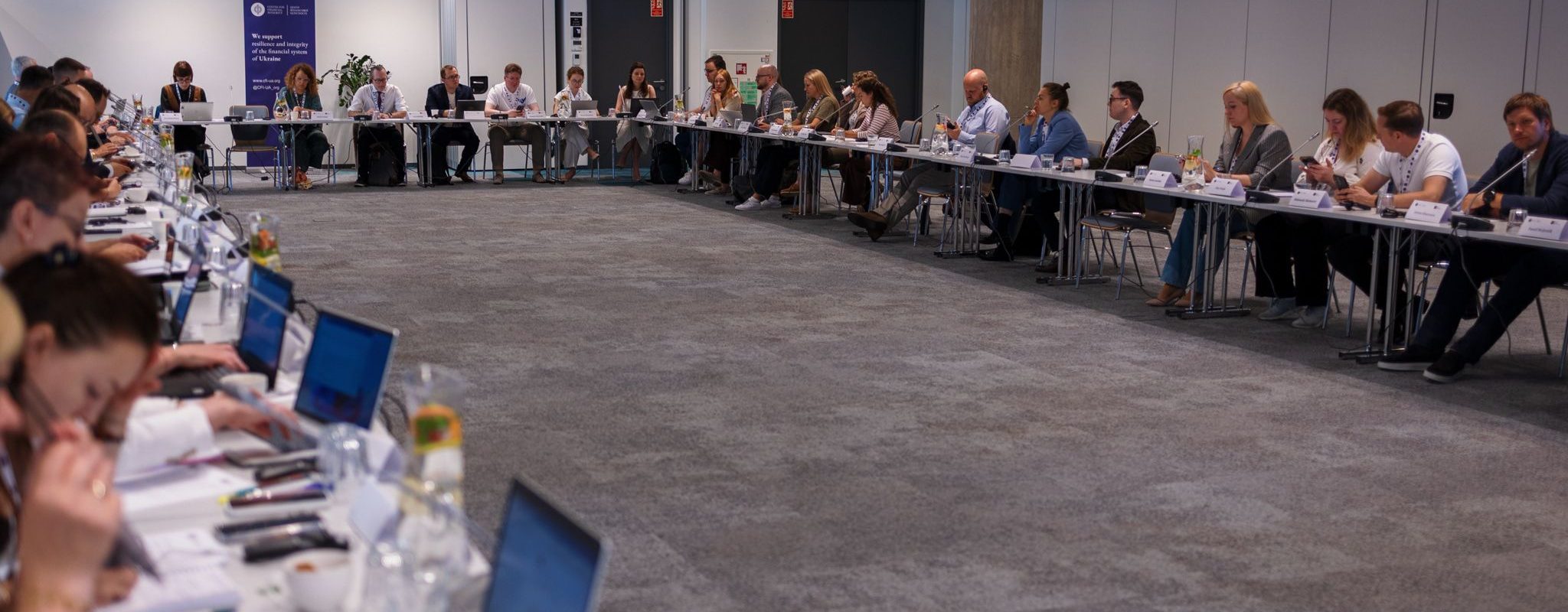









On 8 July, 50 experts from Ukraine’s public and private sectors, as well as international specialists, convened in Warsaw. The event, organised by the Center for Financial Integrity in cooperation with the Centre for Finance and Security (CFS) at RUSI, featured three practical sessions focused on the legal framework for virtual assets, risk and illicit activity assessment, and international practices and recommendations.
Discussions centred on the current state of virtual asset regulation, including Draft Law No. 10225-D, which consolidates earlier legislative initiatives, and its implications for VASPs, regulators, financial institutions, and law enforcement bodies. Particular attention was paid to harmonising Ukrainian legislation with European regulations—especially the MiCA Regulation—and FATF standards, as well as the distribution of responsibilities among regulators.
Understanding risks helps to prevent the use of virtual assets for money laundering, terrorist financing, and other unlawful activities. In Ukraine, virtual asset-related risks fall into two categories: general risks, common across many countries, and specific risks, unique to the Ukrainian context.
A separate session was dedicated to international experience. Experts from Lithuania, France, and the UK shared their regulatory approaches, the development of blockchain analytics within banks, and stressed the importance of balancing under- and over-regulation, maintaining open dialogue with the industry, and fostering intergovernmental cooperation.
Participants developed a set of recommendations aimed at improving virtual asset policy and financial crime prevention, covering four key areas:
As the virtual asset sector evolves rapidly, effective and balanced regulation becomes increasingly urgent. Public-private partnership is a vital tool for implementing new approaches in this field—through collective action, knowledge exchange, and building trust among public institutions, businesses, and the expert community.